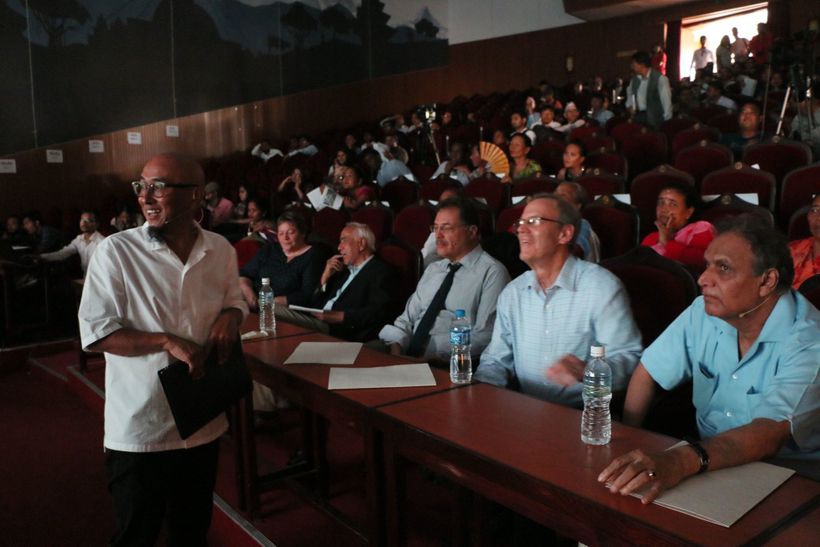
The Darnal Award for Social Justice (DASJ) 2022 will be awarded to: Karnali Arts Centre (KAC), a community-based arts organization from Nepal and Equality Labs (EL), a U.S.-based Dalit civil rights organization. The Darnal Award Selection Committee has decided to recognize the two Dalit-led organizations for their exceptional commitment, courage, and imagination toward ending caste-based inequities and indignities. Along with the awardees, DASJ will also recognize two dynamic Dalit artists and social justice activists as the 2022 DASJ Honorees - writer and journalist Dhruba Satya Pariyar and anti-human trafficking activist Karuna Trikhatri.
Inspired by the short but extraordinary life of social justice activist Suvash Darnal, the Darnal Award for Social Justice (DASJ) is a biennial international award that honors emerging change-makers working to end caste-based inequities and indignities.
The Darnal Award for Social Justice recognizes and elevates the work of individuals, organizations, and movements that have been fighting for Dalits and other marginalized communities in Nepal and beyond. It is awarded biennially in celebration of the extraordinary life and legacy of Suvash Darnal.
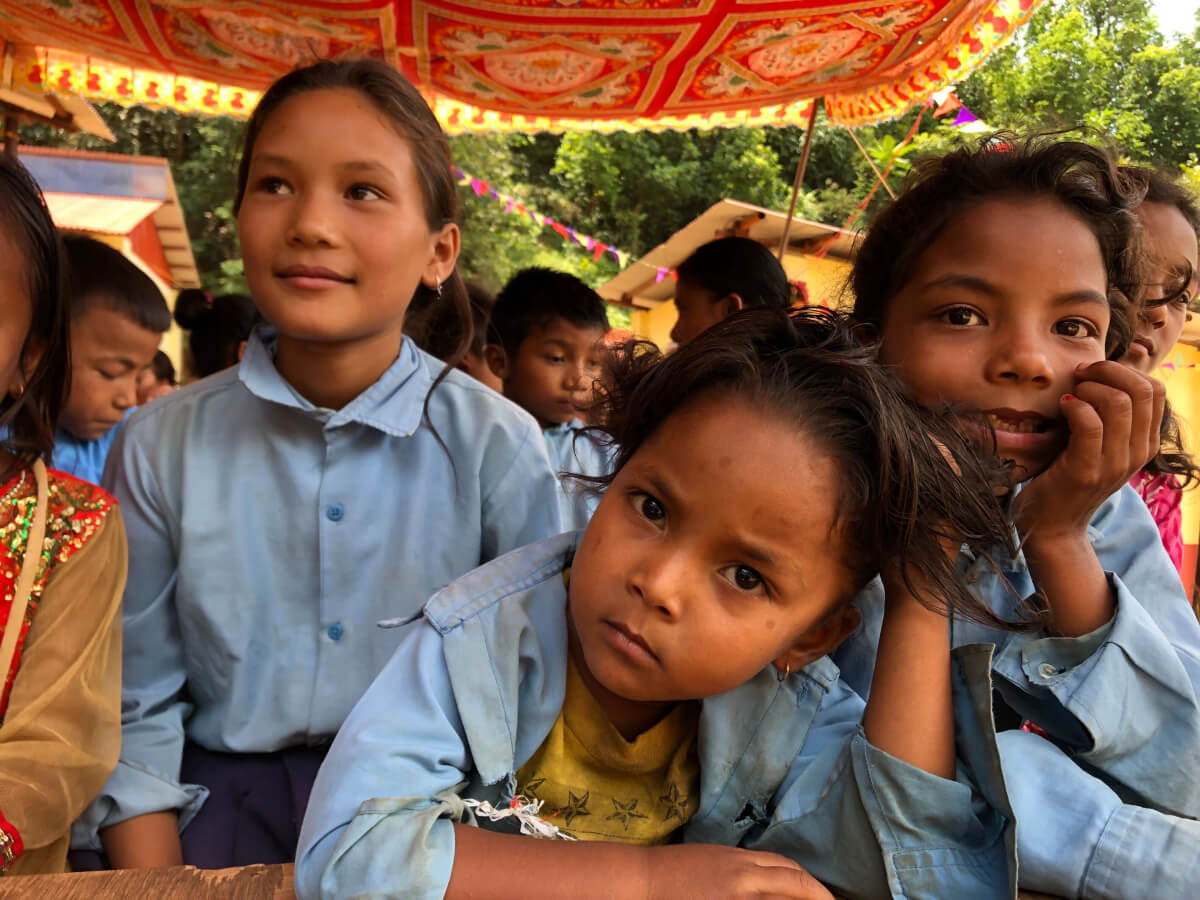
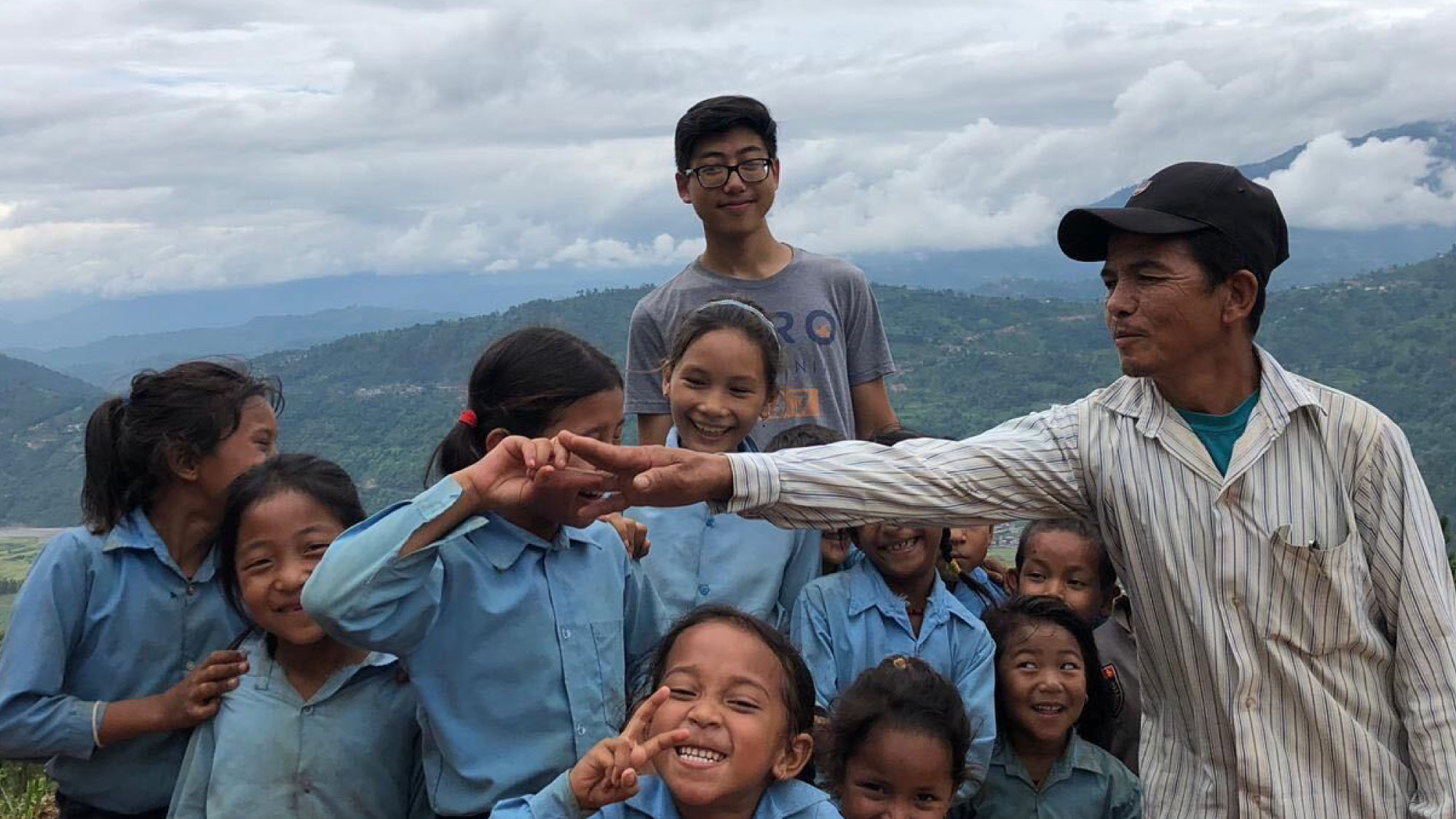

Born into a Dalit family in a small village in Palpa district, Suvash Darnal grew up acutely aware of the caste-based inequality and discrimination entrenched in Nepali society. His childhood years, the 1980s, were a period of epochal transformation for Nepal: the decade-long Maoist rebellion, the fall of the centuries-old monarchy, and the establishment of a federal democratic republic had created an atmosphere where historically marginalized groups could finally raise their voices. Against this backdrop, Suvash devoted himself to pushing Dalit social inclusion to the forefront of the national agenda.
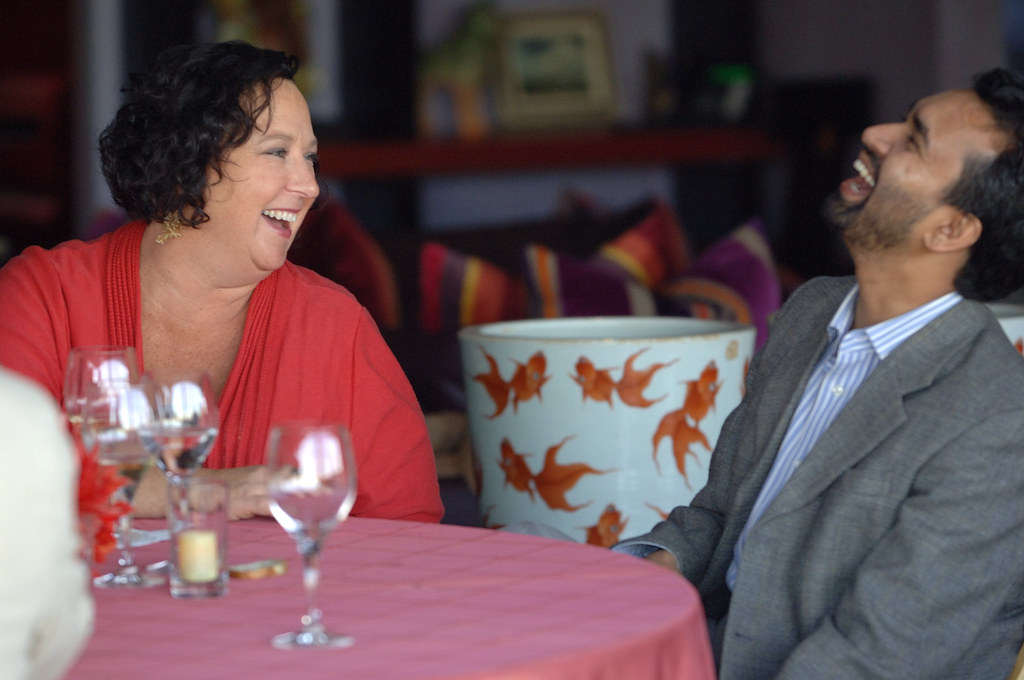
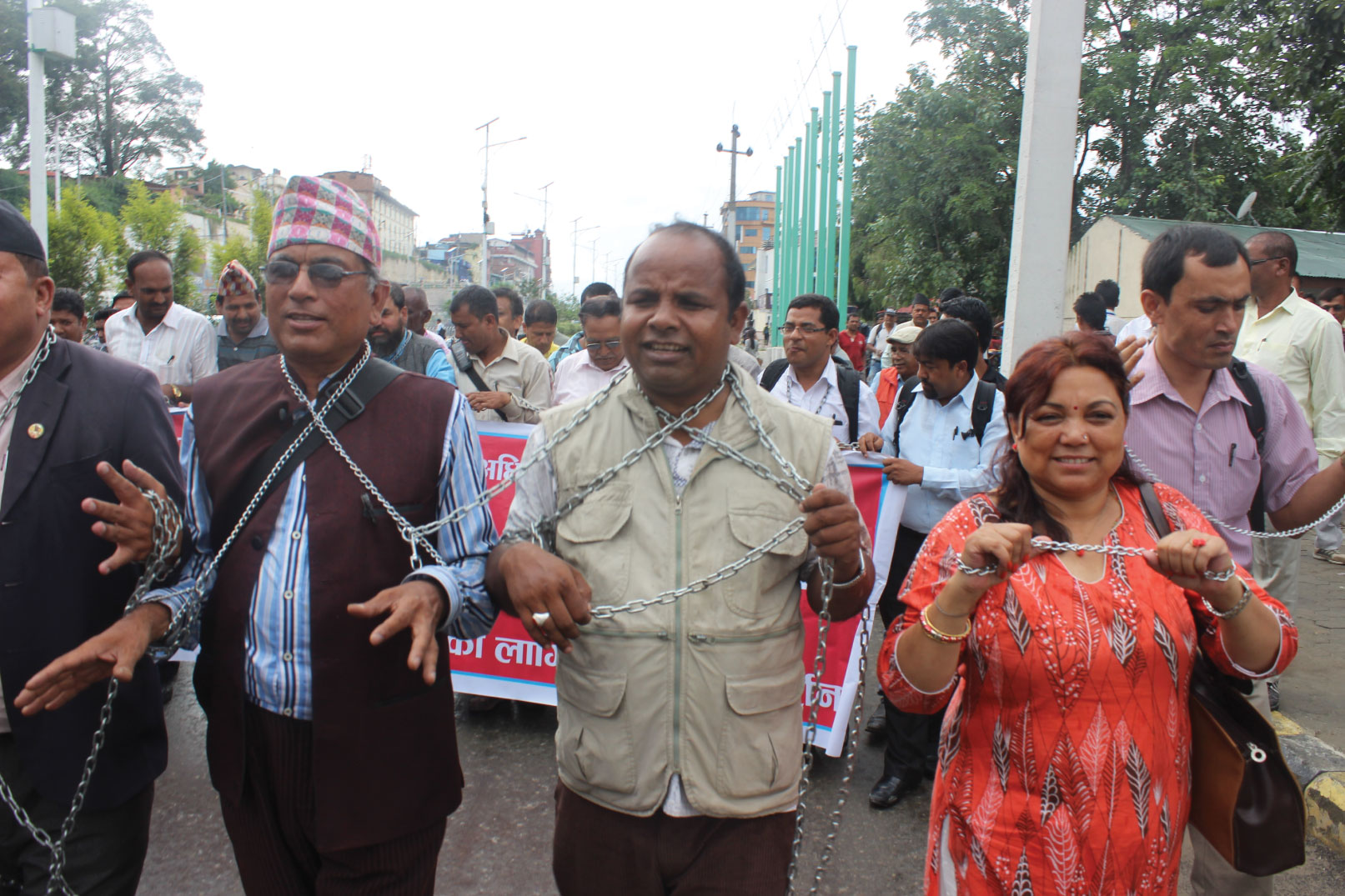
The term “Dalit” takes its meaning from the Sanskrit word for broken, and is used today to refer to people belonging to castes that have been subjected to untouchability. Most Dalits live in Hindu-majority parts of Nepal and India—both countries in which the caste system and caste-based discrimination are officially illegal.
The enduring oppression that Nepal’s caste system inflicts upon Dalit communities appears in a multitude of ways, barring Dalits from accessing education, healthcare, justice, land, and economic opportunity in modern day Nepal. The notion of “untouchability” is used as a premise to prohibit Dalits from certain spaces and activities, particularly those involving food or water. They are often prohibited from entering temples, houses, hotels, and restaurants, and in other public spaces may be forced to physically separate themselves from others.
How does the DASJ story intersect with your own? The movement toward caste equality is a mosaic of ordinary people who have reached out and put their time and energy into pushing this cause forward. If you have an idea for how you can help, we want to hear from you.